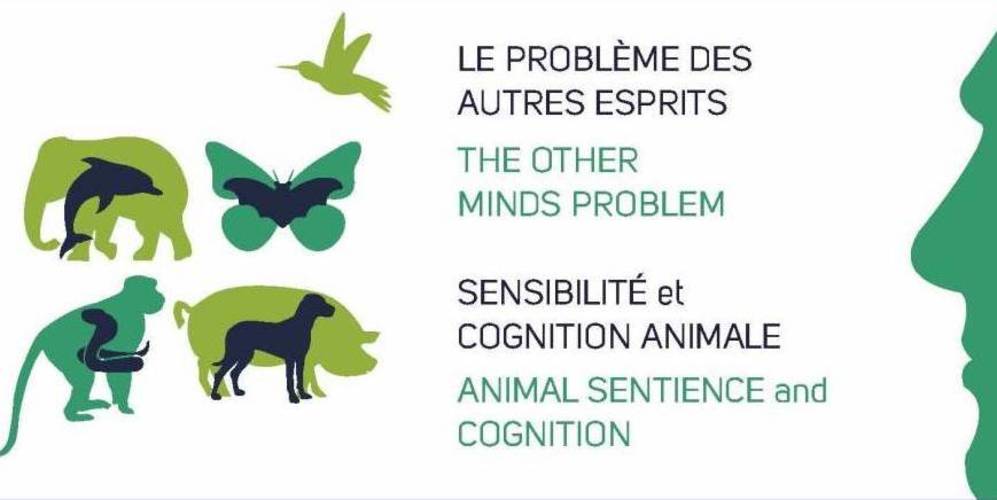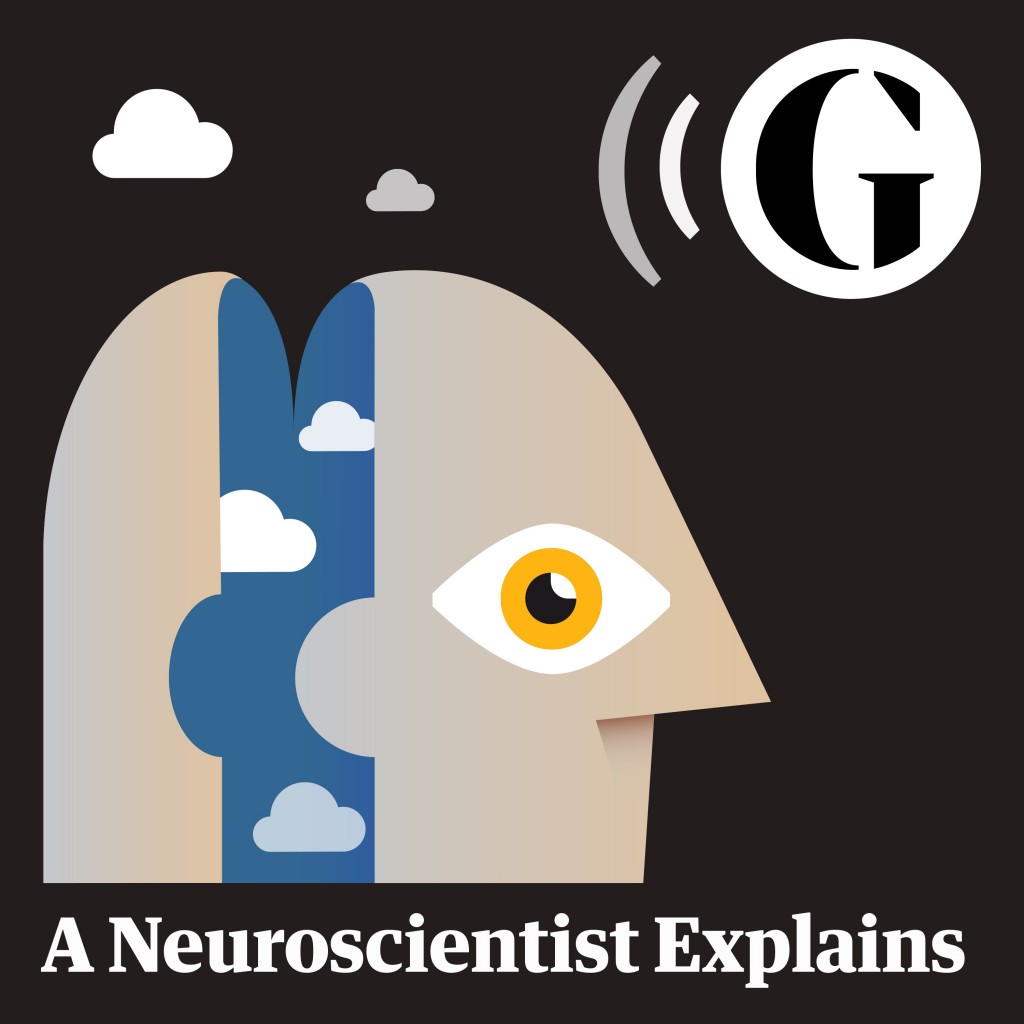Thursday, 14 February 2019
A Summer School on Animal Sentience and Cognition

“Without consciousness the mind-body problem would be much less interesting. With consciousness it seems hopeless.” – Thomas Nagel
“What is it like to be a bat?” is the somewhat disconcerting title of philosopher Thomas Nagel’s famous 1974 article on the ineffability of subjective consciousness. In reality, we humans will never know what it is like to use echolocation to navigate as we fly through the air, because, unlike bats, we simply don’t have the bodies or the nervous systems to do so. But the question of animals’ experience in general is nevertheless highly relevant, if only because our human species has the faculty of language and has developed a scientific method that lets us make observations and deductions about the mental states of other human beings and other animals. And because humans domesticate, exploit and exterminate thousands of other animal species, knowing what they may experience becomes an ethical imperative to guide the way we treat them. (more…)
The Emergence of Consciousness | Comments Closed
Tuesday, 22 January 2019
Are Nationalist Sentiments Inversely Proportional to Cognitive Flexibility?
 Many studies have shown how certain emotional characteristics can have higher-level cognitive effects. including an impact on people’s political choices. For example, studies have shown that being more sensitive to disgusting things is correlated with having a more conservative political or ethical outlook. Being afraid of nature or even of hearing someone read horror stories out loud is also likely to attract people to the conservative end of the political spectrum. More recently, the opposite phenomenon has even been demonstrated: making people feel invincible through a simple thought experiment can move them toward the more liberal, progressive end of this spectrum. (more…)
Many studies have shown how certain emotional characteristics can have higher-level cognitive effects. including an impact on people’s political choices. For example, studies have shown that being more sensitive to disgusting things is correlated with having a more conservative political or ethical outlook. Being afraid of nature or even of hearing someone read horror stories out loud is also likely to attract people to the conservative end of the political spectrum. More recently, the opposite phenomenon has even been demonstrated: making people feel invincible through a simple thought experiment can move them toward the more liberal, progressive end of this spectrum. (more…)
Emotions and the Brain | Comments Closed
Tuesday, 8 January 2019
Daniel Glaser: A Neuroscientist Who Explains

This week I’d like to tell you about a little gold mine of easy-to-understand explanations of neuroscience. It’s a weekly blog and podcast called “A Neuroscientist Explains”, by Dr. Daniel Glaser, and you can access it on the website of the newspaper The Guardian.
Glaser has had an interesting career as a scientist who always places great emphasis on sharing his knowledge with the general public. He has also taken an interest for many years in the arts and in multidisciplinary approaches—for example, he has conducted studies in which he compared the activation of mirror neurons in the brains of ballet dancers and of practitioners of the Brazilian martial art of capoeira. Glaser is now the director of Science Gallery London, an organization that builds bridges between the arts, the sciences and health through research, experimentation and exhibitions to which the general public is invited. (more…)
From the Simple to the Complex | Comments Closed








